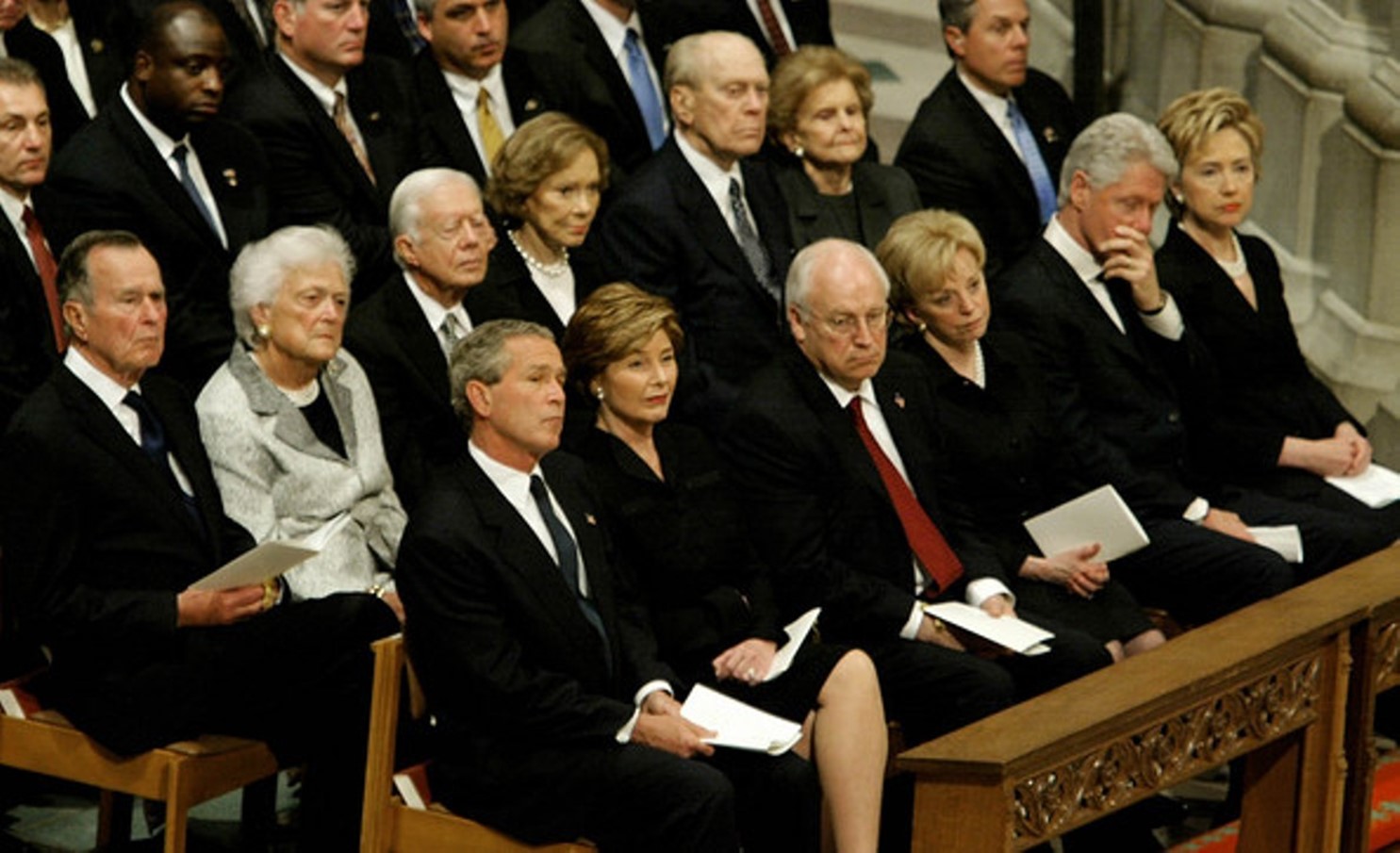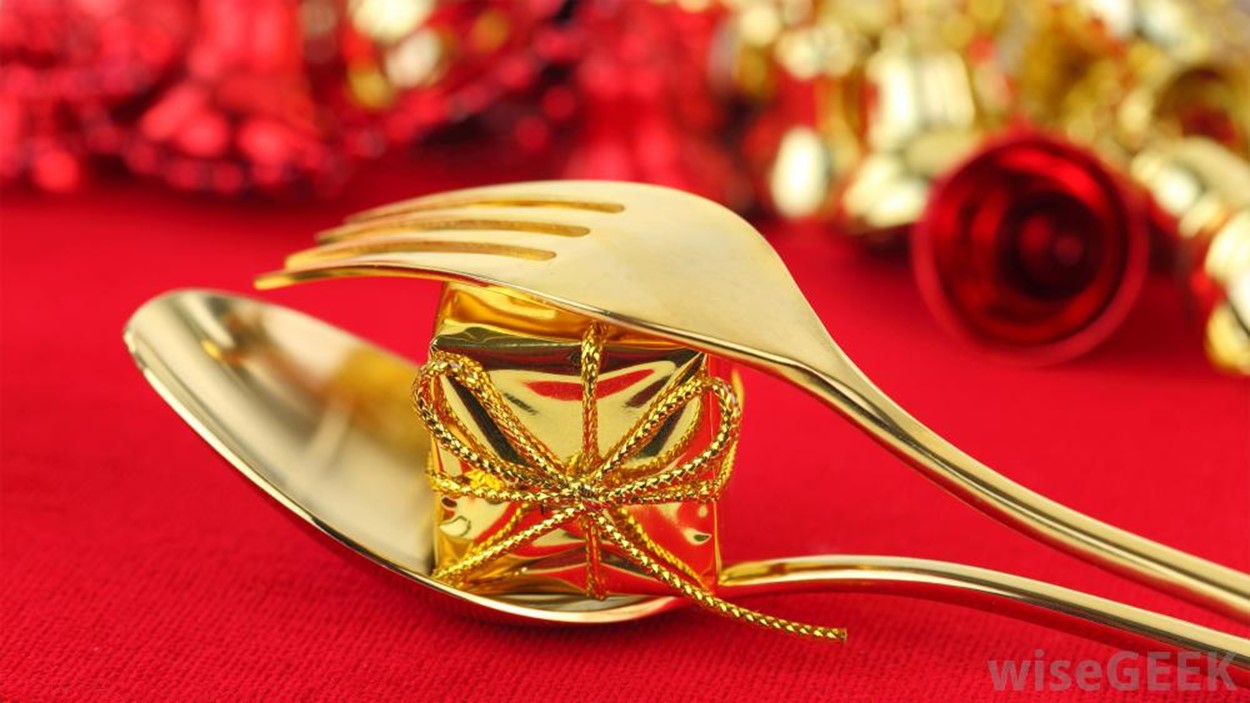The ATM Didn’t Kill Bank Tellers. It Helped Them
March 19, 2015 in Daily Bulletin

ATMs making bank tellers obsolete is thought by some to be a foretelling of a grim future where humans find that they can no longer compete with machines for jobs. Turns out that ATMs haven’t actually been that bad for bank tellers, according to Timothy Taylor:
- After ATMs arrived the number of bank tellers actually slightly increased.
- This was in part because with ATMs banks could have a greater number of smaller branches. While each branch didn’t employ many tellers, the greater number of branches boosted the overall employment figures.
- Bank tellers also evolved to provide higher value services such as solving financial problems, creating demand for a new type of employee.
- This example indicates that instead of worrying about a lack of jobs in the future, we should actually be worried about people not having the skills for the types of jobs that will be created in the Second Machine Age.
See a chart showing how the number of tellers and ATMs have changed through the years, what we should make of all this, and more over here.
Source: Conversable Economist
Via: Marginal Revolution









Join the Discussion! (No Signup Required)